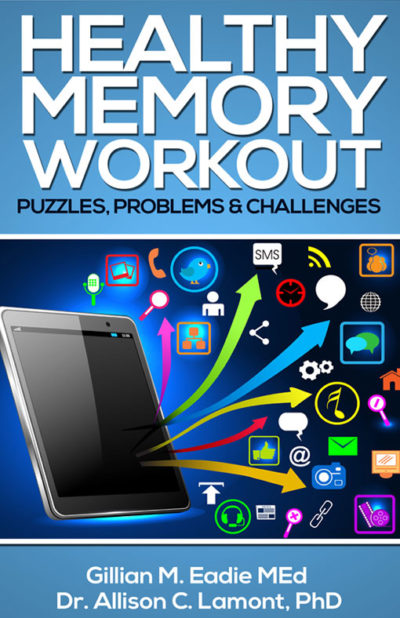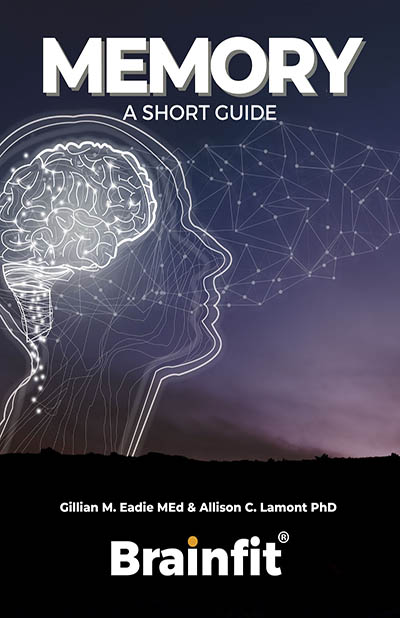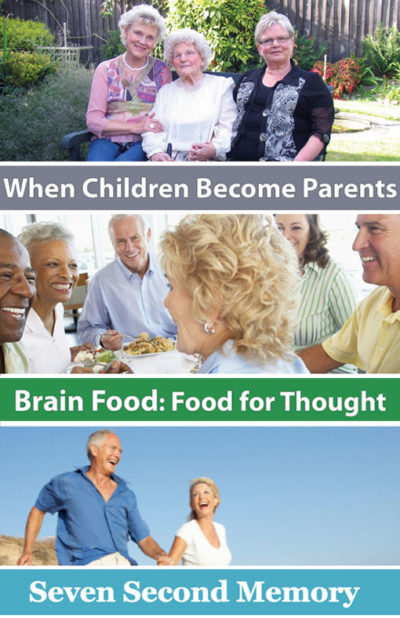1. What is dementia?
- Correct Answer : A decline in mental ability severe enough to interfere with daily life
- “Many people think Alzheimer’s is the same thing as dementia,” says David Knopman, M.D., a professor of neurology at the Mayo Clinic. “It isn’t. The terms are often used interchangeably, but they actually have different meanings. Dementia is not a specific disease. It’s an umbrella term that describes a wide range of symptoms that affect people’s ability to perform everyday activities on their own. Dementia is a symptom; Alzheimer’s is a disease.” Alzheimer’s, however, is the most common reason for dementia. Two other top causes are strokes and Lewy body disease, which is similar to Parkinson’s.
2. What sort of memory lapse would be cause for concern?
- Correct Answer : You forget the way to your local grocery store.
- Misplacing your keys once in a while and forgetting a name are common — and normal — memory lapses, at any age. Losing your way on familiar streets suggests a more serious problem.
3. What besides Alzheimer’s can cause memory loss?
- Correct Answer : All of the above
- All three. Depression and stress can interfere with your ability to form and retrieve memories, while some medications’ side effects include memory problems.
4. What part of the brain is crucial to the formation of memories?
- Correct Answer : Hippocampus
- The hippocampus plays a central role in learning and memory. Humans have two seahorse-shaped hippocampi — one in each of the two brain hemispheres.
5. What’s known to increase brain functioning in healthy adults?
- Correct Answer : Exercise
- Studies have shown that exercise strengthens the mind as well as the body.
6. What’s known to decrease brain functioning in healthy adults?
- Correct Answer : Smoking
- Studies have linked memory loss with smoking and other activities or conditions associated with heart disease (such as hypertension and diabetes).
7. What are mnemonics?
- Correct Answer : Little cognitive aids or devices that help you remember things
- Mnemonics are incredibly useful tools for retaining information. They often involve verses, songs (like the “ABC song,” for learning the alphabet) or acronyms (such as HOMES, for recalling the names of the five Great Lakes).
8. What is transient global amnesia?
- Correct Answer : A sudden attack of memory loss in which one can’t remember any recent events
- Someone diagnosed with transient global amnesia knows who she is, but completely forgets what has happened in the recent past. There’s no clear medical consensus on what causes TGA, but it typically lasts only a few hours.
[First published in AARP] For more information: What can I do to prevent Alzheimer’s? Is it dementia or Alzheimer’s? Alzheimer’s and Brain Training WHO Dementia Facts Brain Facts 4-minute Video




